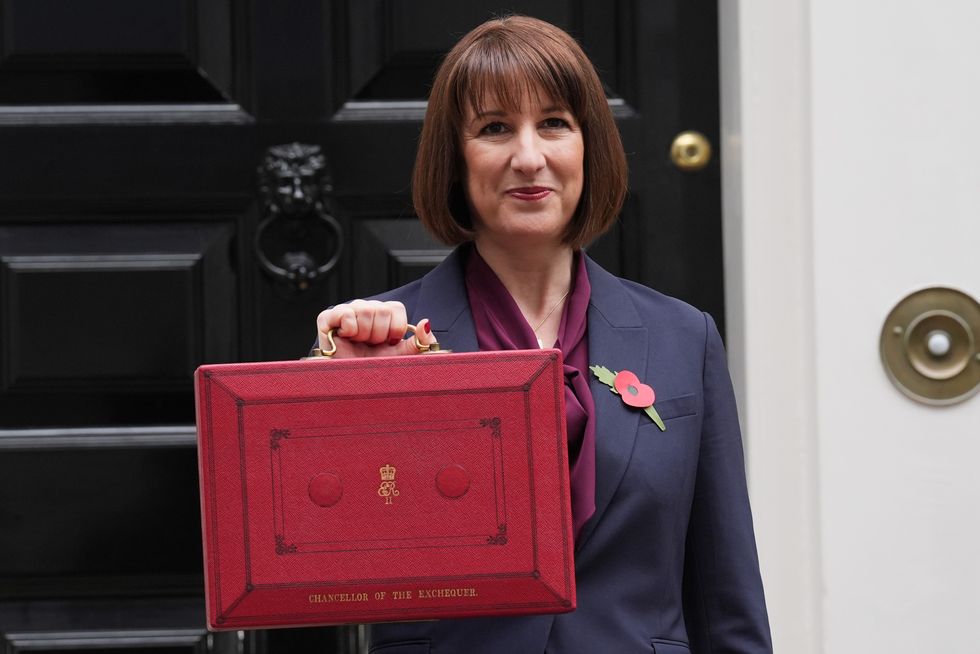Martin Lewis has announced disappointing news for families following Labour’s Autumn Budget announcement.
Labour has confirmed it will not change the current system of Child Benefit, despite Lewis’s campaign for reform.
The decision, revealed in Government documents, maintains the current rule that particularly affects single-parent and single-earner families.
On his X page, Lewis said: “Within Government docs it says it will NOT shift child benefit to household income from individual income as previous Government had announced (and I and others had campaigned for).
“This is a shame and leaves inequity rife, bad news for single-parent and single-earner families.
“From 2025, employees will be able to pay the higher income child benefit charge through your tax code, and self-assessment forms will be pre-populated with child benefit data.”

Rachel Reeves and the Budget 2024
PA
The current Child Benefit system has been criticised for its unfairness with payments beginning to be repaid to HMRC once an individual earns £60,000 or more, with the benefit completely tapering off at £80,000.
However, the system only considers individual income, not household earnings. This means a couple each earning £59,999 would receive full Child Benefit payments, while a single earner on £60,001 would start losing the benefit.
This disparity has been a point of contention, with Lewis and others campaigning for a shift to household income assessment. The decision not to change the system maintains this inequity.
Despite the unchanged system, some changes are on the horizon. From 2025, employees will be able to pay the higher income child benefit charge through their tax code.
Additionally, self-assessment forms will be pre-populated with child benefit data which should simplify the process for those affected by the charge.
However, these administrative changes do not address the fundamental inequity in the system that Lewis and others have campaigned against.
The decision to maintain the current system has sparked debate among families and tax experts, with many expressing disappointment at the missed opportunity for reform.
One X user expressed disappointment, saying: “Instead of making the system fairer for single parents and single-earner families, they’re sidestepping a chance for real change.”
Another user criticised the missed opportunity for reform, commenting on the “unhelpful cliff edge bits of the tax system.”
Some defended the decision, with one user arguing it encourages two-parent households. Others highlighted potential unintended consequences, such as both parents reducing work hours to maintain benefits.